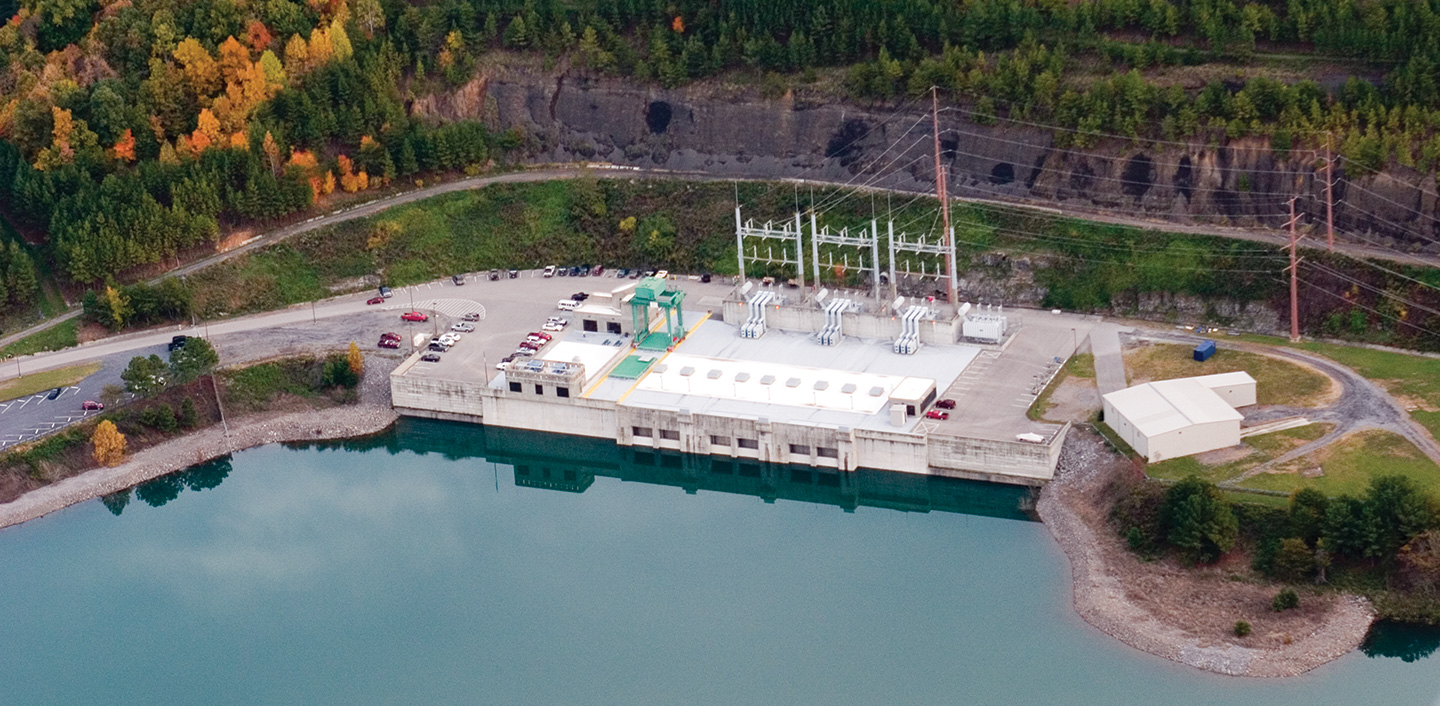ROCKY MOUNTAIN RELICENSING

WELCOME
Located near Rome, Ga. in the southern Appalachian Mountains, the Rocky Mountain Pumped-Storage Hydroelectric Plant is capable of producing 1,095 megawatts of clean energy, enough power to help serve approximately 50,000 homes. The plant has supplied reliable power for Georgia residents for more than 26 years.
The energy produced at Rocky Mountain helps supply Georgia’s peak demand periods, when the need for electricity is the greatest. Peak demand usually occurs in the late afternoon and early evening hours, when people get home from work and begin using a lot of electricity all at once. With the ability to start up quickly, Rocky Mountain provides a flexible and reliable source of power during these peaks.
The plant site also features a 5,000-acre recreation and fishing area, which is managed in partnership with the Georgia Department of Natural Resources.
RELICENSING PROCESS
Rocky Mountain operates under a federal license issued in 1977 by the Federal Energy Regulatory Commission (FERC). The Federal Power Act (FPA) gives FERC the exclusive authority to issue licenses to construct, operate, and maintain certain non-federal hydropower projects. A license is issued for a specific period of time and project owners must reapply for a new license prior to the expiration of an existing license.
With the original license set to expire on Dec. 31, 2026, Oglethorpe Power is seeking a new license for the project that will define how the plant operates for the next 40 to 50 years. Oglethorpe Power is not proposing to add capacity or make any major modifications under the new license.
The FERC relicensing process involves public engagement to ensure that future licenses appropriately address the need for affordable and reliable power generation, public safety, recreation and project-related impacts on the affected environment. This webpage is intended to help ensure that information related to the relicensing process is easily accessible to the public.
In addition to the information accessible here, interested parties will have opportunities to participate through noticed public meetings and requests to comment on official documents.
SCHEDULE
Notice of Intent and Pre-Application Document: Filed Dec. 10, 2021
Joint Meeting and (Virtual) Site Tour: Held March 16, 2022
Draft License Application: Submitted Nov. 17, 2023
Final License Application: Filed Dec. 6, 2024
DOCUMENTS AND RESOURCES
Rocky Mountain Project Boundary Metadata (AIR)
Rocky Mountain Recreation Point Data (AIR)
Rocky Mountain Reference Point Data (AIR)
Rocky Mountain Boundary Polygon Data (AIR)
Rocky Mountain Project Boundary Map (AIR)
Rocky Mountain Exhibit G FLA Assembled (AIR)
OPC Rocky Additional Information Response (AIR)
Final License Application Package Vol. I
Final License Application Package Vol. II
Final License Application Exhibit E Appendix A – Consultation Record Vol. I
Final License Application Exhibit E Appendix A – Consultation Record Vol. II
Final License Application Exhibit E Appendix A – Consultation Record Vol. III
Final License Application Exhibit E Appendix A – Consultation Record Vol. IV
Draft License Application Package
Draft License Application Exhibit E
Draft License Application Exhibit E Appendix A – Consultation Record
Rocky Mountain Final Study Plans
Joint Meeting Presentation | Transcript
Video: Rocky Mountain Plant
Joint Agency and Public Meeting Notice
NOI/PAD Cover Letter
Notice of Intent
Pre-Application Document
PUBLIC MEETINGS
Contact us for information about past public meetings.
